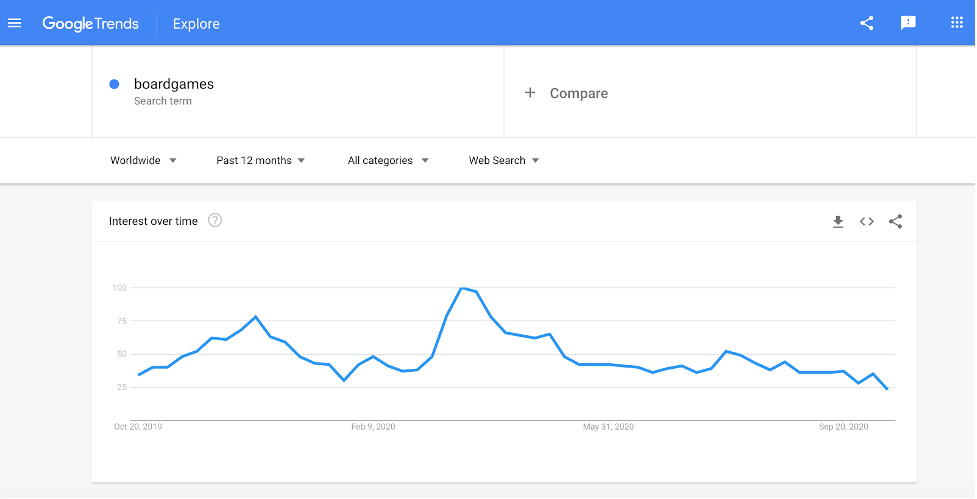Here are some thing to think about before building a B2B, B2C, or C2C marketplace
Starting your own B2B, B2C, or C2C marketplace is a truly exciting process but no doubt you’ve got a ton of questions—don’t worry, everyone does. We’ve put together seven important questions we regularly get asked here at Shuup.
Read our answers and you’ll be another step closer to launching your new business.

1. Is my business idea feasible?
One of the first key questions you’ll need to answer is “how feasible is my business idea?” In question two we’ll look at market feasibility or what kind of demand is out there for your products and services, but first we’ll look at commercial feasibility. The following questions can help you figure out the financial viability of your business idea:
- How much money do you need to launch the business?
- How do you intend to fund the business in the early stages?
- What price would your customers pay for your product or service?
- What is your sales forecast?
- What is your break-even point?

Starting a marketplace rather than a traditional e-commerce business can be much more commercially feasible for a few reasons:
- Marketplace owners don’t hold any inventory themselves. Think of a marketplace like a physical department store: the owner simply leases floor space (or digital space in our case) to individual retailers.
- With your vendors taking care of customers, orders, and shipping, you’re free to focus on marketing your marketplace, driving traffic, and converting visitors into customers.
- You can easily keep your marketplace product offering relevant by adding new vendors and their product ranges. You don’t need to spend time and money hunting down new or trending products.
To figure out commercial viability, communicate with other marketplace owners and ask them relevant questions about pricing, margins, and breaking even.
2. Is there a demand for my vendor’s product?
Probably the most important question to ask before creating a marketplace in a particular niche or industry: does anyone want to buy these products? Although this is an important question, it can be answered with a few clicks.
Trillions of Google searches are made every year. Using Google Trends is an extremely simple method to investigate what exactly is searched for in a given year and in a certain location.
Here’s how to do it: enter a search term into the Trends dashboard and select the geographical location (worldwide or a specific country) and a time frame. We tested “board games”, one of the most popular products of 2021 so far.

How do we interpret this data? Over 12 months (October 2019 – September 2020) board games had two noteworthy spikes in search volume.
The first, expected spike, was around Christmas 2019. The second, more unexpected and interesting for us, was a spike in March 2020.
We concluded that people were looking for home-based entertainment during March 2020 as the opportunity to socialize outside of the home was restricted due to national lockdowns in response to the pandemic.
For sellers, there are two clear takeaways from this simple Trends search:
1) The period up until Christmas is a prime time to push board games
2) Board game sellers should prepare to see repeated spikes in demand should additional lockdowns be enforced
Try entering product keywords into Google Trends and track the data from previous years. Was the level of search interest consistent? Were there any spikes? What does this mean for your marketplace?
3. Who are my future customers?
Speak to other sellers in your network for information about the types of customers they are selling to. There’s a chance they’ve done their own market research, so ask to see the results.
If you’re selling B2C products go and investigate your potential customers in their native online environments. Keep an eye on product-related Twitter and Instagram hashtags and take a look at what customers are discussing: their likes, dislikes, problems they want solving, the kind of language they use to describe your products.

Try and gather some demographic data such as age, gender, income, buying preferences (e-commerce, in-store). Other places rich with insights are Reddit threads and YouTube channels.
For B2B sellers, social media is also a useful data-source, especially LinkedIn—it’s a great place to find decision makers.
4. What are the potential risks and how can I avoid them?
Financial:
Being the owner of the B2B, B2C, or C2C marketplace means you’re not responsible for acquiring and storing inventory, nor the costs of packaging, fulfillment, and shipping products.
Marketing costs are reduced because your vendors will be working hard to generate their own traffic to their stores. You’ll also benefit from vendors recommending your marketplace to other sellers in their networks so you’ll reduce costs associated with vendor outreach and recruitment.
Technological:
The “e” in e-commerce can be the most cost- and labor-intensive aspect of starting an online business. Most marketplace solutions offer either basic, uncustomizable templates or require advanced coding skills.
However, choosing a marketplace solution like Shuup gives you the benefit of an out-of-the-box but highly customizable solution. Relying on expert developer support will free up time for you to concentrate on the truly important parts of your business.

Traffic:
Attracting vendors and customers can be hard work, but there are few ways to get started. One way is to go where vendors are already selling; if your marketplace sells crafts and artisanal goods, check out sellers on Etsy and contact them and pitch your own marketplace. Airbnb started out by contacting hosts who were advertising on Craigslist. This method seems to have worked out ok for them!
Once you have vendors on board, they’ll shoulder some of the marketing burden by running their own traffic-generating campaigns through paid aids, SEO/content marketing etc.
Business:
The good news for potential marketplace owners is that some of the world’s most successful companies are marketplaces. Learn from what marketplaces like Amazon, Etsy, eBay, and Walmart have done right and replicate it; study what they’ve done wrong and do it better yourself.
5. How do I reach new customers?
In the early stages after launching your marketplace, shortlist a few traffic and customer acquisition strategies.
Paid ads on platforms like Facebook and Instagram can be successful for generating traffic quickly and learning how to launch campaigns shouldn’t take more than a couple of hours. You can also try setting up pay-per-click (PPC) campaigns on Google. They’re a bit more technical but very powerful at attracting users exactly when they’re searching for your vendor’s products.
If you’re looking for mid- to long-term traffic, strategies such as search engine optimization (SEO) and content marketing have great return on investment (ROI) but require more time and resources. Content marketing is successful for B2B, B2C, and C2C marketplace and software-as-a-service (SaaS) sellers.
6. How am I going to explain the value of my marketplace to my vendors?
Being part of a marketplace has a number of great benefits that owners can communicate to future vendors. Some of the biggest advantages include:
- Avoiding large, initial financial outlays
- Speed up opening by bypassing website development
- Secure existing traffic and customers
- Learn lessons and best practices fast
7. Where do I start?
All of the questions we’ve answered so far lead to this one. There are so many things to take care of, learn about, and implement when you’re building a marketplace. As we’ve discussed, you can remove so many of the usual obstacles of your own single vendor e-commerce store, by becoming a marketplace owner:
- Sourcing and storing inventory.
- Dealing with fulfillment, shipping, returns.
- Taking sole responsibility for marketing and traffic generation.
If you’ve got more questions about how using a multi-vendor platform like Shuup can get your business up and running, get in touch with a Shuup marketplace expert today!





